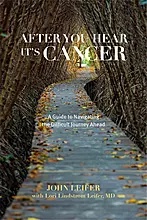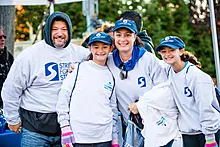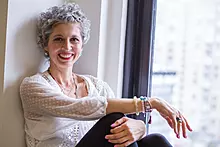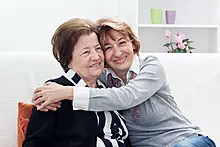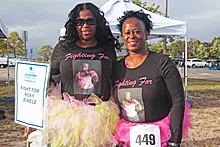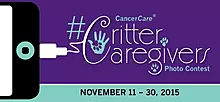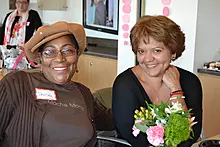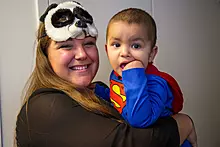
To celebrate National Family Caregivers Month, we invited the CancerCare community to share photos of a pet who helped them cope with cancer. We’re delighted to announce our contest winners, as determined by you! Congratulations to our top three Critter Caregivers: Kobe, Hero and Bandit! Read on to hear their stories.

